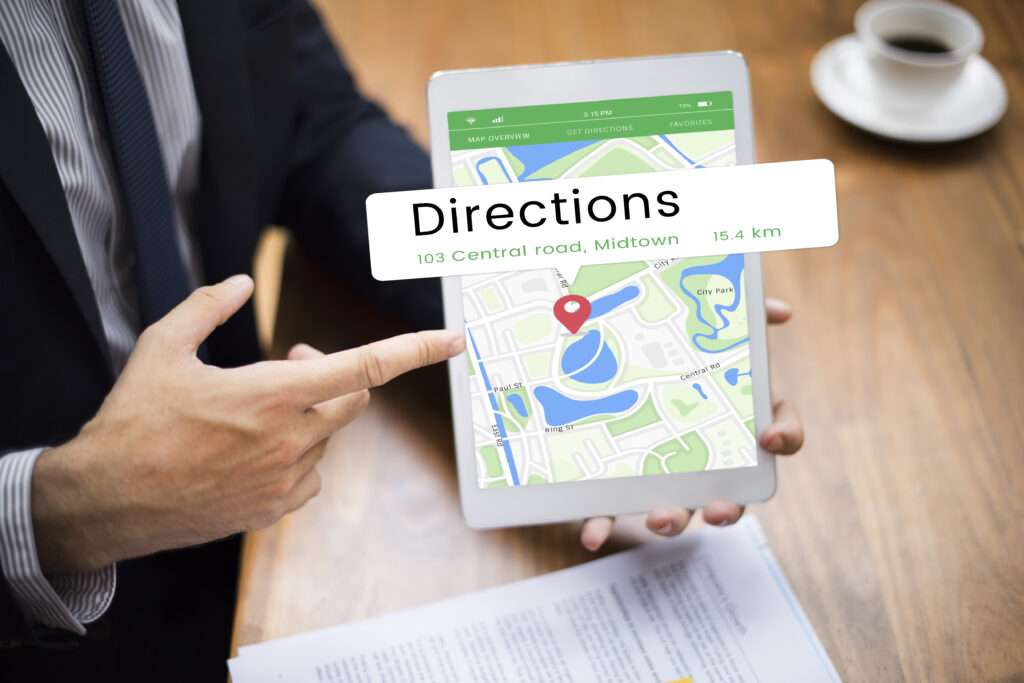
Introduction
In today’s fast-paced digital world, businesses must rely on local search engine optimization (SEO) to connect with nearby customers. Enhancing visibility in local markets can be a game-changer for small businesses and marketers alike. Understanding and applying effective local SEO strategies is key to driving foot traffic, increasing online visibility, and boosting sales. This guide explores impactful strategies that can help your business excel in local search results.
Understanding Local SEO: Why It Matters
Local SEO focuses on improving a company’s online visibility, specifically targeting relevant local searches. These searches occur on platforms like Google and often include keywords tied to a specific location. For example, someone might search for “best coffee shops near me” or “plumbers in [city name].” When your business ranks high in these local searches, it captures the attention of potential customers who are ready to make a purchase.
Claim and Optimize Your Google My Business Listing
An optimized Google My Business (GMB) listing is foundational to local SEO. This free tool allows businesses to manage their online visibility across all Google platforms, including Search and Maps. By claiming and optimizing your GMB listing, you significantly improve your chances of appearing in local search results.
How to Improve Your Google My Business Listing
- Complete Your Profile: Ensure all fields in your GMB profile are filled out, including business name, address, phone number, website, hours, and categories.
- Add Visual Content: Include high-quality images and videos that accurately represent your business. Visuals can make your listing more appealing.
- Claim and Verify: If you haven’t done so already, claim your business listing and verify it with Google.
- Encourage Reviews: Positive reviews can boost your local ranking. Invite satisfied customers to write reviews, and respond as soon as possible.
Local Keyword Research: Targeting the Right Terms

Effective keyword research is crucial for local SEO success. Identifying the search terms that local customers use when looking for products or services like yours is essential. Local keywords usually include a geographic location along with a product or service keyword.
How to Perform Local Keyword Research
- Use Keyword Tools: Utilize tools like Google Keyword Planner, Moz, or SEMrush to discover keywords relevant to your business and location.
- Analyze Competitors: Review the keywords that local competitors are ranking for and integrate them into your strategy.
- Focus on Long-Tail Keywords: Long-tail keywords are more specific search phrases with lower competition and higher conversion rates, such as “best pizza delivery in downtown [city name].”
Optimize Your Website for Local Search

To rank well in local search results, your website must be optimized for local SEO. This involves ensuring that both the content and technical aspects of your site adhere to local SEO best practices.
Key Website Optimization Strategies
- Maintain Consistent NAP Information: Ensure your business’s Name, Address, and Phone number (NAP) are consistent across your website and all other platforms.
- Create Location-Specific Pages: If your business operates in multiple locations, create separate pages for each, complete with unique content tailored to each area.
- Optimize Meta Tags: Include local keywords in your title tags, meta descriptions, and headers to improve relevance in local searches.
- Implement Schema Markup: Local schema markup helps search engines understand your content’s context, making it easier to rank for local search terms.
Build and Maintain Local Citations
Mentions of your company’s name, address, and phone number on other websites are known as local citations. These may include online directories, social platforms, and review sites. Accurate and consistent online citations can improve your local search engine ranking.
Tips for Building Local Citations
- Submit to Local Directories: Ensure your business is listed on popular local directories like Yelp, Yellow Pages, and local Chamber of Commerce websites.
- Maintain Consistency: Keep your NAP information consistent across all citations to prevent confusion for search engines.
- Regularly Update Citations: Audit your citations regularly to ensure they remain accurate and up-to-date.
Leverage Online Reviews and Ratings

Online reviews are essential for local SEO. Not only do they influence consumer decisions, but they also affect search engine rankings. Encouraging positive reviews and managing your online reputation effectively can give your business a competitive edge.
How to Manage Online Reviews
- Ask for Reviews: After a successful transaction or service, kindly ask customers to leave a review on your GMB listing or other review sites.
- Respond to Reviews: Whether a review is positive or negative, engage with customers by responding. This shows your appreciation for their input and your dedication to improving their experience.
- Highlight Positive Reviews: Feature glowing reviews on your website and social media to build trust with potential customers.
Mobile Optimization: A Critical Component of Local SEO

As most local searches occur on mobile devices, having a mobile-friendly website is crucial for local SEO success. Google uses mobile-first indexing, which means the mobile version of your website is considered the primary version when determining rankings.
Steps to Ensure Mobile Optimization
- Use Responsive Design: Make sure your website responds easily to various screen sizes and devices by using responsive design.
- Improve Loading Speeds: Mobile users expect quick load times. Utilize tools like Google PageSpeed Insights to identify and address areas where your mobile site speed can be improved.
- Simplify Navigation: Make it easy for mobile users to find information on your site with clear, intuitive navigation.
FAQs
What is local SEO and why is it important?
Local SEO aims to improve your online presence to attract more business from relevant local searches. It is important because it helps businesses connect with customers who are actively searching for their products or services in their area.
How do I claim my Google My Business listing
? You can claim your Google My Business listing by visiting the Google My Business website, searching for your business, and following the verification process provided by Google.
What are local keywords and how can I find them?
Local keywords are search terms that include a geographic location. You can discover them using keyword research tools like Google Keyword Planner or by analyzing competitors’ keywords.
How can online reviews impact my local SEO?
Online reviews can influence your local search rankings and impact customer decisions. Positive reviews enhance your credibility and can lead to higher rankings in local searches.
Why is mobile optimization important for local SEO?
Most local searches are conducted on mobile devices. Mobile optimization ensures that your website is accessible and user-friendly on smartphones and tablets, which is critical for local SEO success.
What is schema markup and how does it help with local SEO?
Schema markup is code that you apply to your website to improve its content’s understanding by search engines. For local SEO, it can help your business appear in rich snippets and other search features, improving visibility.







